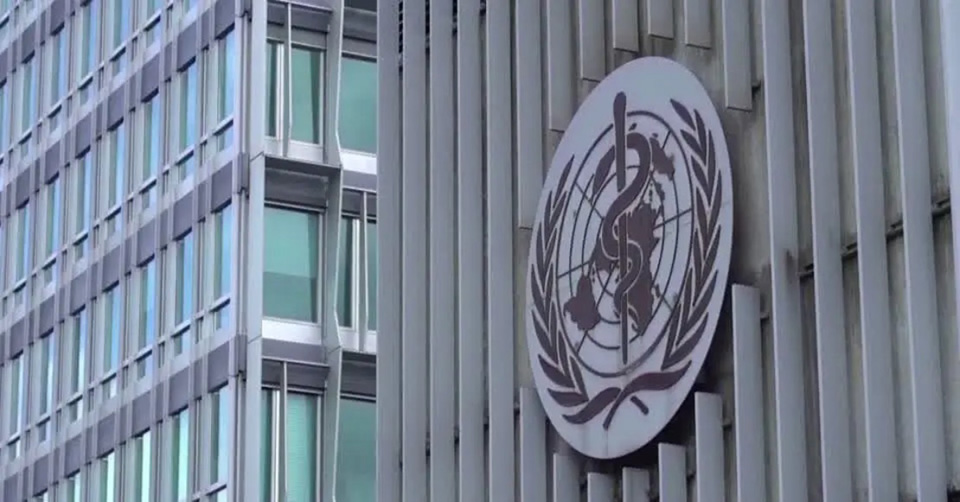
The World Health Organization (WHO) emphasized on August 21 that the monkeypox virus, also known as mpox, is manageable and less severe compared to the airborne COVID-19 pandemic.
Hans Kluge, WHO Regional Director for Europe, confirmed that the monkeypox virus, regardless of the strain, is not as severe as new strains of COVID-19. He stated that authorities know how to control the spread of this virus. He added that global systems could either be put in place to control and eradicate monkeypox or risk entering another cycle of global panic. The current and future responses to the virus will be critical tests for Europe and the world.
Monkeypox is a viral infection that causes pustular lesions and flu-like symptoms. Although usually mild, it can be fatal. The current concern stems from the Clade 1b strain, which spreads easily through close contact. This strain was confirmed in Sweden last week and has been linked to a rising outbreak in Africa, marking the first signs of its spread beyond the continent.
Kluge also reported that Europe is currently seeing around 100 new cases of Clade 2 monkeypox every month. He noted that focusing efforts on fighting the more severe Clade 1 strain will also help in addressing the less severe Clade 2 strain, which has spread worldwide since 2022.
Monkeypox primarily spreads through close physical contact, including sexual contact, but unlike COVID-19, there is no evidence that it can easily spread through the air.
Last week, WHO declared monkeypox a Public Health Emergency of International Concern for the second time in two years due to the rapid spread of the Clade 1b strain in Africa. The outbreak has already infected approximately 27,000 people and caused more than 1,100 deaths, mostly among children in the Democratic Republic of Congo, since the current wave began in January 2023. The virus has also spread to neighboring countries. (TNA)








